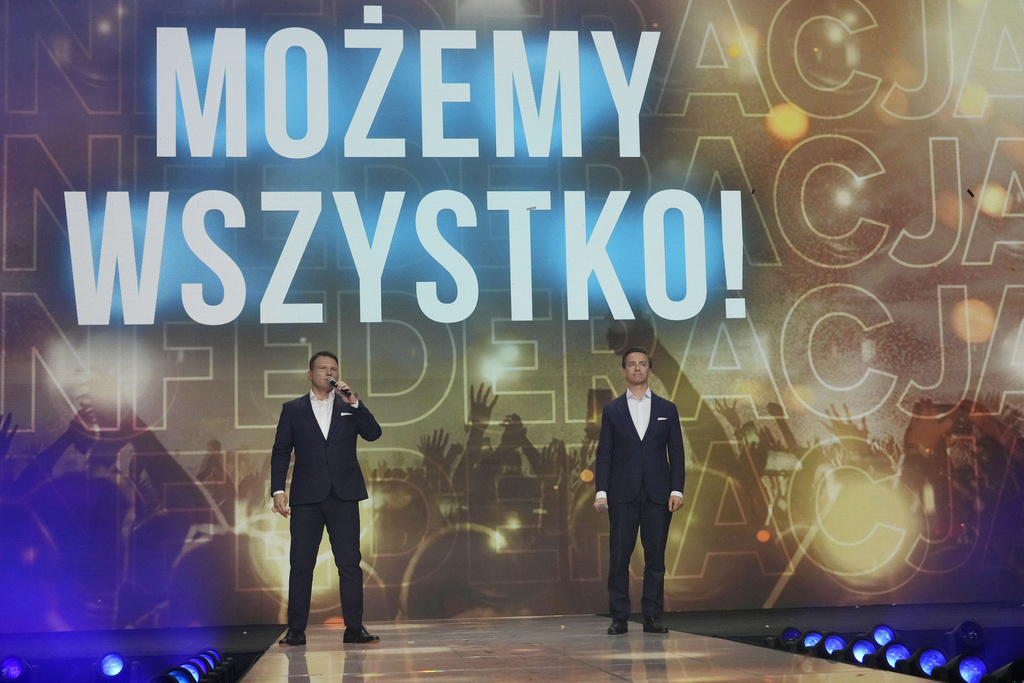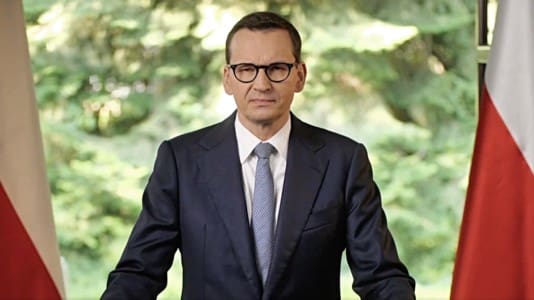It seemed that after the European Parliament elections, Polish right-wing Confederation party was riding a wave of momentum, with strong potential to attract voters from both the right and center.
The party’s nationalist element appeals to disillusioned Law and Justice (PiS) supporters, while its economic liberalism draws those inclined toward the Third Way alliance (PSL plus Hołownia). Both trends have been evident in voter shifts and electoral results. Additionally, as PSL and Hołownia align with Tusk’s increasingly left-leaning government, centrist voters – especially those loyal to the Sejm Speaker Hołownia – might find Confederation an appealing alternative.
However, just when success appeared within reach, Confederation began to confound both political commentators and its own supporters.
The first sign of trouble came when the party split within the European Parliament, with its representatives joining different factions. The nationalists aligned with Orban and Le Pen’s Patriots for Europe, while Mentzen’s liberals joined the Europe of Sovereign Nations group, which includes Germany’s AfD. Meanwhile, Grzegorz Braun remains isolated. This divergence abroad has raised concerns about the party’s coherence back in Poland.
Further warning signs appeared domestically, such as the prolonged term of the party leadership beyond its scheduled expiration in July. Even more surprising was the abandonment of the primary elections – a hallmark of Confederation’s democratic ethos and an indicator of internal power dynamics. In a twist, Krzysztof Bosak withdrew from the race and endorsed Sławomir Mentzen, reportedly more eager for a presidential bid. Yet, this decision notably excluded Braun, who is unlikely to take it lightly.
The focus on Mentzen is puzzling, as internal polling indicates the party is shifting more to the right, where Bosak might have broader appeal.
Many supporters are dismayed, with widespread criticism and disappointment surfacing among the movement’s followers. Only Mentzen’s New Hope faction appears satisfied, with some speculating that Bosak is setting up his rival for failure to undermine him as a competitor. Whether or not this is true, voters are left wondering whether they’ll see one or two Confederation candidates on the ballot – excluding Janusz Korwin-Mikke, who has already been ousted from the party.
The internal dynamics are shaky, with insiders hinting that Bosak’s maneuver was a last-ditch effort to prevent a split. Yet, that split now looms due to Braun’s discontent.
As a result, PiS stands to benefit from the chaos, while Polish politics once again reveals its fragility and immaturity at the party level.






